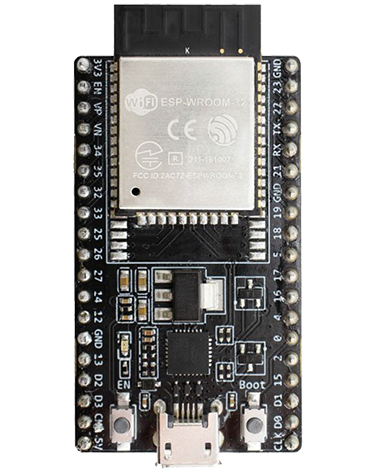Configure project Menu > View > Command Palette > Type: “ESP-IDF: SDK Configuration editor” (or use CTRL+E then G)Wait for it to load Scroll down to the “FAT Filesystem support” section
All posts by
USB Memory stick
See here.
.USB memory stick general
Documentation Espressif USB Host USB Host MSC (Mass Storage Class) Driver USB Mass Storage Class example Espressif sample project ESP-IDF sample project > USB > host > msc You can use this to prove your hardware works with the USB memory stick. Adding USB MSC to an existing project Adding the component See https://components.espressif.com/components/espressif/usb_host_msc and […]
SD Card
See here.
Encryption libraries
ESP-IDF comes with the mbedtls library. Getting started with Mbed TLS. Apparently, you can also swap in wolfSSL instead – see here.
Long file names
There is a “ESP-IDF: SDK Configuration editor” setting to enable Long filename support. Open menuconfig (see here for how to) Component config > FAT Filesystem support > Long filename support Choosing heap or stack to store long filenames? Both are stored in RAM so arguably it doesn’t matter too much. A general guide though is […]
File access functions
Path to USB drive Everything else… See here.
.SD/MMC Card general
Documentation SD/SDIO/MMC Driver FAT Filesystem Support FatFs library API Support Good, startoff with the Espressif sample project as a way to get up and running writing and reading a card simply. Supports 1bit and 4bit SD card interfaces. Raw Access The API provides functions that can read and write sectors directly if you don’t want […]
eMMC memory
From the protocol layer’s perspective, eMMC memory chips behave exactly like SD memory cards. The terminology for SD cards can still be applied to eMMC due to the similarity of the protocol. See here.
Production Programming
See here

